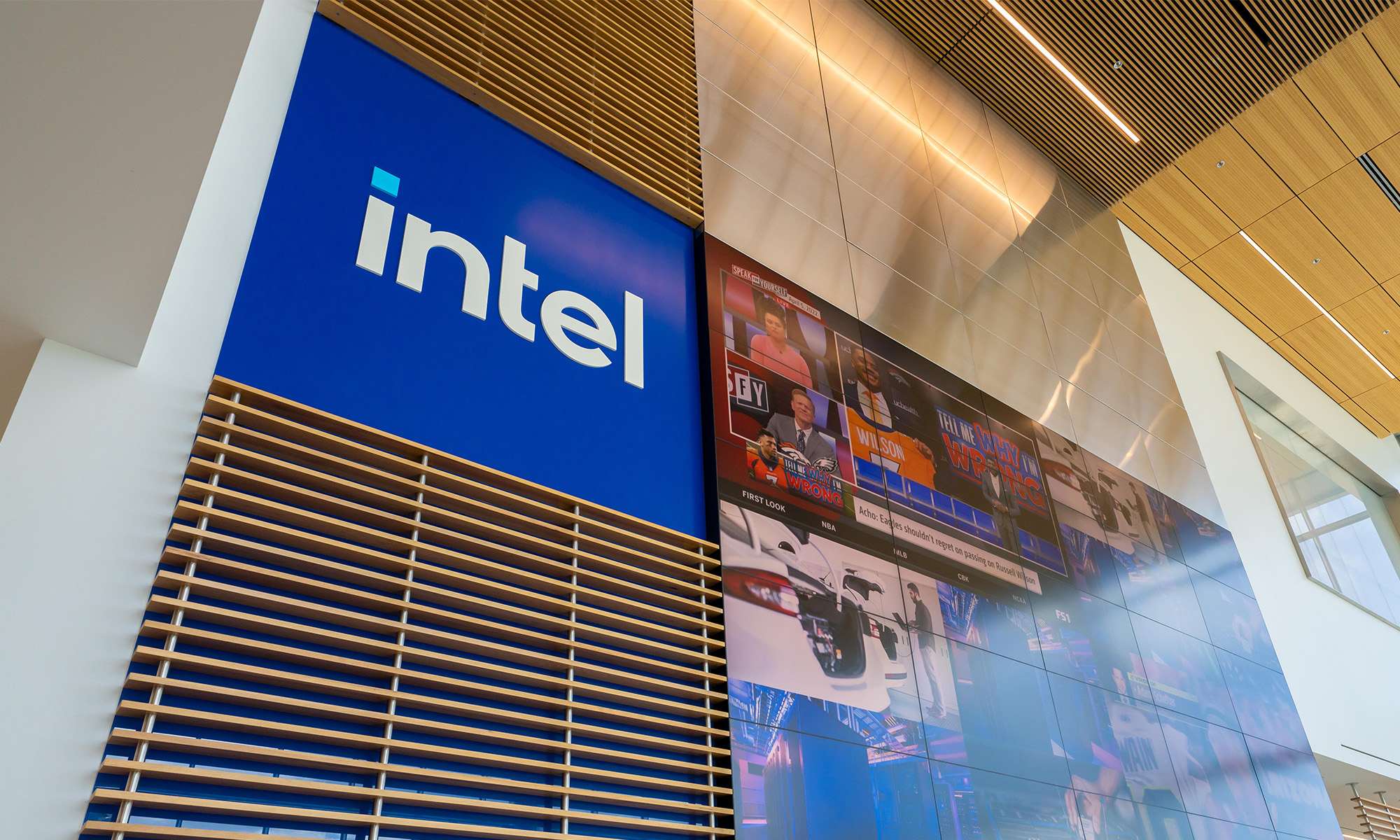Intel (INTC +0.30%) has been the long-standing leader in the mainstream computing space. Its unrivalled dominance in the server chip segment -- representing about 20% of its overall revenue -- has provided stability to the chipmaker's overall top line in the past. However, going forward, the introduction of ARM (ARMH +0.00%) -based 64-bit server chips poses an imminent threat to Intel's established market position in the segment.
ARM vs. Intel
Investors should note that Intel chips are superior to their ARM-based counterparts when it comes to raw computing power. This is because Intel chips offer certain hardware-defined functions -- like a relatively larger assembly language vocabulary, or the chip's ability to encode BCD numbers -- thereby allowing consumers to use the chip in a flexible manner.
However, these hardware functions -- absent in ARM-based offerings -- require transistors to operate on. This is why Intel chips, as opposed to ARM-based offerings, have three times as many transistors. These extra transistors deliver a high-performance computing experience, but they also consume power, which is why ARM-based chips are more power-efficient than Intel chips.
The story so far
Up until now, Intel and Advanced Micro Devices (AMD 1.71%) have been the only two server-based chip manufacturers. AMD's Opteron, however, has failed to keep up with Intel's high-performance Xeon chips over the recent years. For this reason, enterprise clients currently have no option but to equip Intel chips in their servers.
According to market research firm IDC, about 2.3 million server chips were sold in the second quarter of fiscal year 2013. Out of those, 2.2 million chips were based on x86 architecture -- including AMD and Intel offerings. Trefis, providing more insight, estimates that Intel enjoys over a 90% share in the server chip market.
To meet the enormous enterprise demand for flexible and power-efficient chip offerings, several chip manufacturers -- including AMD, Texas Instruments, and Qualcomm -- have announced the development of their own iteration of the 64-bit ARM-based server chips.
In fact, ExtremeTech believes that AMD is developing a hybrid processor, wherein its x86 and ARM cores will be working side by side on the same chip. This will give AMD an upper hand, and allow it to introduce a modified ARM-based chip for the Windows PC environment.
Probable impact on Intel
These ARM-based server entrants can have a severe impact on Intel's growth. Firstly, the chipmaker won't be able to singlehandedly decide chip pricing and their depreciation rate. The end of its monopoly, therefore, will be detrimental to its gross margins.
Secondly, enterprise clients will get to choose the type of chips fit for their needs. This will not only provide flexibility to enterprise scale data centers, but also snatch away Intel's precious share in the server-grade chip market. In that case, the server segment will no longer add stability to Intel's overall top line.
Plus, if the ARM-based offerings are received well in the market, companies like AMD might make a similar move in the desktop and laptop chip segment in the future. Though ARM still doesn't support the Windows PC platform, the possibility of these chips making it to the desktop segment over the coming years still can't be ruled out.
Foolish final thoughts
The prospects of ARM-based server chips look great on paper. However, it remains to be seen how these chips actually stack up against the tried-and-tested Intel Xeon. Plus, ARM-based chips still don't support a wide range of operating systems.
These factors will need to be addressed before ARM-based server chips can threaten Intel's established market position. Investors should therefore keep an eye on performance metrics as well as OS compatibility of these next-generation ARM chips.





